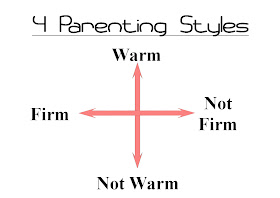
Monday, November 28, 2011
First dusting

Thursday, November 24, 2011
Book Notes: How To Get Your Kids Through Church Without Them Ending Up Hating God by Rob Parsons

Tuesday, November 22, 2011
Tweak
"The Parenting Children Course", Week Four "Teaching Healthy Relationships"

Wednesday, November 16, 2011
Ben Challum





Tuesday, November 15, 2011
"The Parenting Children Course - Week Three": Discipline & Boundaries!





Monday, November 14, 2011
Lins Honeyman & Friends - Live at Dunbarney














Friday, November 11, 2011
The Tay - Perth


Thursday, November 10, 2011
4 Ways to help The Persecuted Church

This week along with thousands of others, our church has marked the International Day of Prayer for the
1) Pray for a persecuted church leader and then send them a Christmas card to assure them that they haven’t been forgotten. Details of how to do this, and a downloadable directory of addresses are here: http://goo.gl/lmpQy
2) Sign a petition to pressure Western governments to raise human rights issues in their dealings with countries where abuses occur. The “No Way Out” petition for religious freedom in Egypt is online here: http://goo.gl/L9EOU
3) Write a campaigning letter to someone responsible for mistreatment of Christians. In many cases, officials lack the courage to enforce the freedoms which their country’s law provides for freedom of worship. Letters can embolden them to act justly. Follow this link for details of how to write to the Mayor of Bogor, Indonesia, urging him to allow the re-opening of church-premises there. http://goo.gl/eopRn
4) Send a gift to support to Christians suffering for their faith. Specific gifts are available for purchase online and include: (i) a day of provision for refugee children in Burma for £5, (ii) a day of training in documenting human rights abuses for the churches in Columbia, for £5, (iii) pay for a phone call to be made to an illegally imprisoned Cuban pastor for £15, (iv) pay for Christmas cards to be sent to 40 widows of murdered pastors in Columbia for £10. Follow the link http://goo.gl/Cf15p
Dr Garcia Paneque was held in Cuban jails for many years, during which he was featured in Christian Solidarity Worldwide’s letter-writing campaigns. Now in exile in
Wednesday, November 09, 2011
Tuesday, November 08, 2011
Book Notes: Raven's Gate by Anthony Horowitz

The "Parenting Children Course" (week 2)

Monday, November 07, 2011
Tuesday, November 01, 2011
The Parenting Children Course (week 1)




















